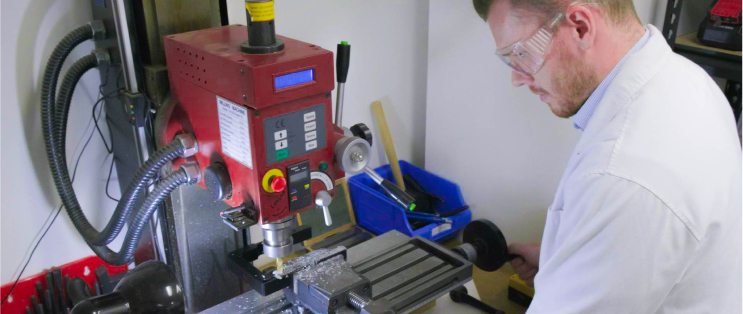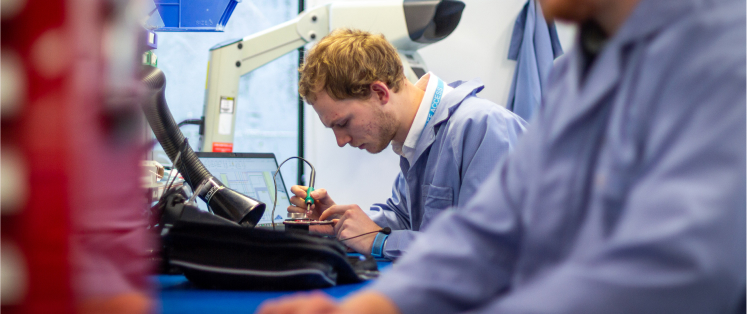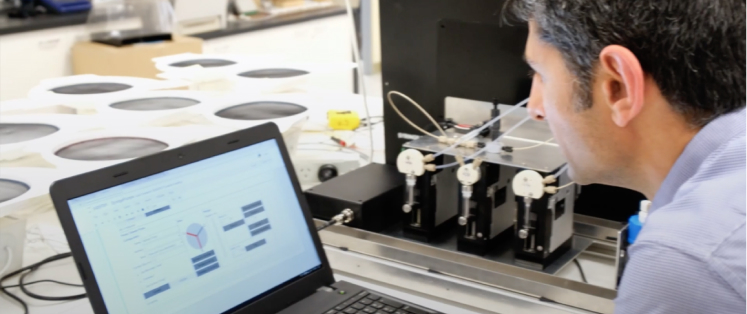
Systems Engineering
Developing complex integrated systems that meet user, regulatory and commercial goals.
The systems team are experienced product developers that specialize in defining a product vision and taking a device on a journey to realize that vision. We perform fast de-risking and trade-off analysis to define an architecture and device specifications that will deliver on your value proposition. We then map out and execute prototyping and testing strategies to ensure we are delivering the most efficient and lowest risk development. We also manage integration of the product subsystems to ensure the overall product meets targets. When it is time to submit an application for regulatory clearance, our team delivers the formal documentation required to provide evidence of product performance.
Product Definition
A successful product development requires a technically feasible product architecture that will deliver on the commercial value proposition. The systems team drives refinement of an architecture to meet the customer needs and program goals, and then documents the product definition to ensure alignment of all teams throughout the development process.
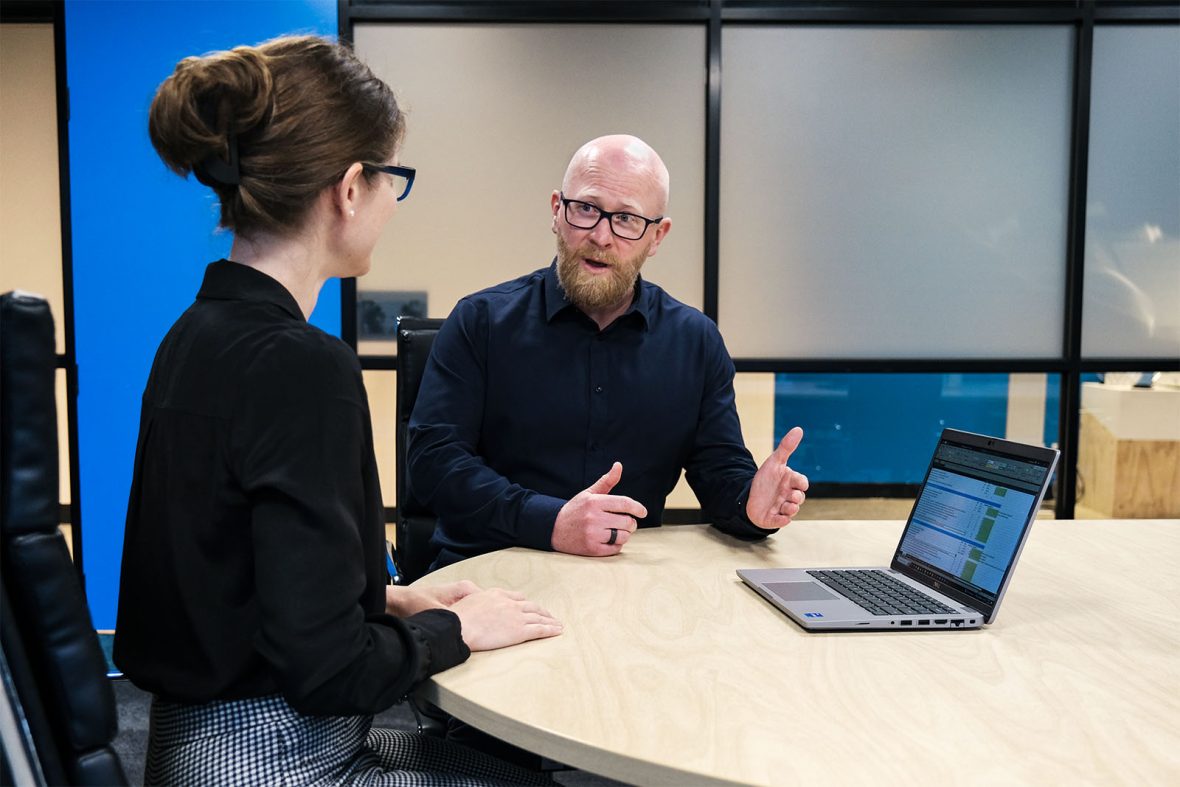
Safety and Regulatory
Medical product designs need to mitigate potential hazards to ensure safe and effective use of the product and for regulatory clearance. The systems team is responsible for hazard management during product development. We have deep experience identifying efficient and effective mitigation strategies for hazard minimization, in particular diagnostic and treatment outcomes for patients. We have processes in place to ensure effective implementation of these strategies.
Device Realization
At Planet Innovation, we take a risk-based approach to product development, whereby we identify key technical risks and formulate a prototyping strategy to guide the end-to-end product development. Proof-of-principle test rigs are used to demonstrate feasibility and inform detailed design decisions prior to investing in full product detailed design. Performance and functionality goals are established for the different phases of product development to give confidence in the final outcome, while allowing development to continue at a fast pace.
Reliability
A reliable product is essential not only for patient outcomes, but also for brand reputation and continued commercial engagement. The systems team works with development partners to identify reliability targets that will meet the commercial needs of the product. The team then performs a risk assessment on the product design, and plans and executes the testing required to identify and address reliability issues and generate the data to statistically gain confidence in the product’s reliability.
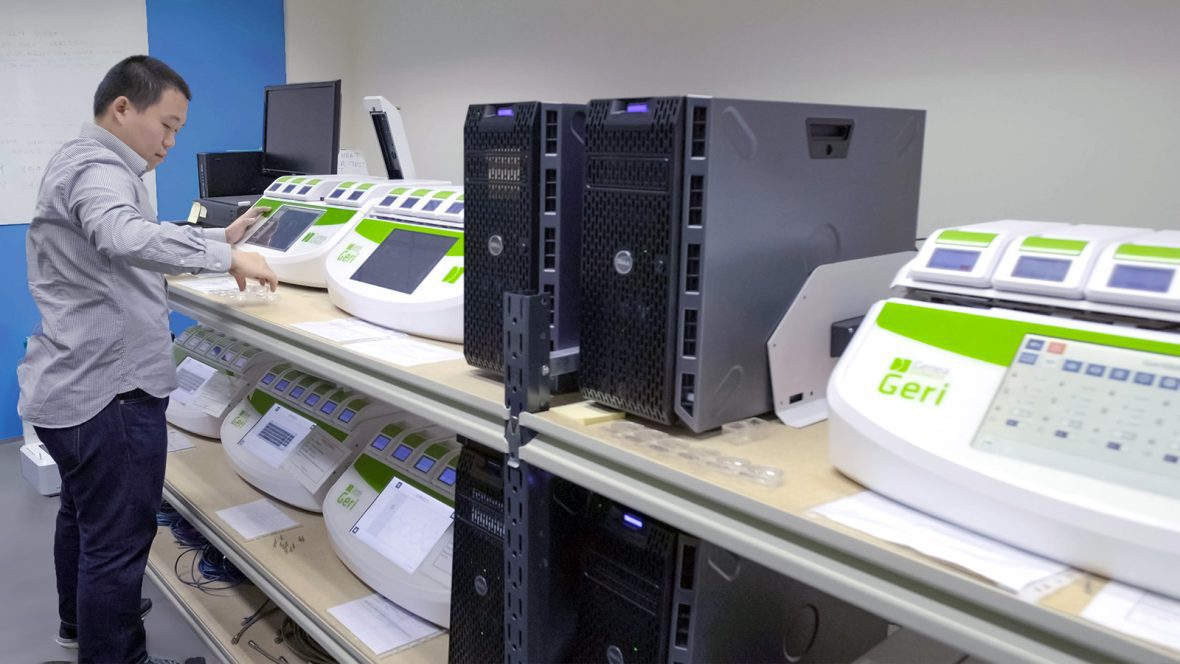
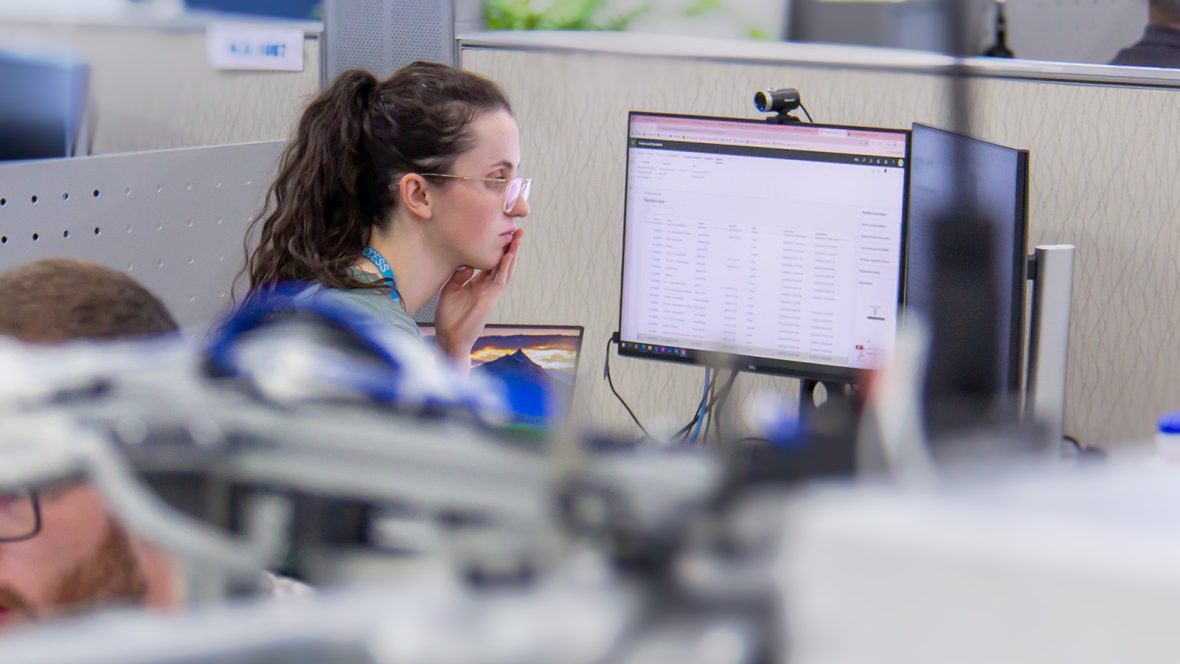
Verification
Regulatory authorities such as the FDA require proof that the device is safe and effective to use, which requires execution of a formal verification program. With many products successfully submitted for regulatory clearance in the United States, Europe and other jurisdictions, the systems team are experienced in creating this documentation and targeting testing so the right amount of effort is engaged for each requirement.
The systems team also includes data scientists to inform Design of Experiments to ensure statistical robustness of any results submitted. PI uses an Application Lifecycle Management tool to efficiently provide traceability and version control of testing to product requirements.
Related Capabilities
The Planet Innovation engineering team consists of mechanical, mechatronics and CAD design, with a vast range of experience across the entire product development process with a focus on design for manufacture and robust production instrument.
PI’s electronic engineering team is highly capable in the design of complex electronics for medical devices including: system architecture, schematic & PCB layout using Altium designer, loom design, prototyping, assembly and transfer to manufacture.
The software team at Planet Innovation has a broad range of experience developing software for medical devices, and other domains. We apply software development best practices such as Agile Development, Continuous Integration and Test Driven Design.
